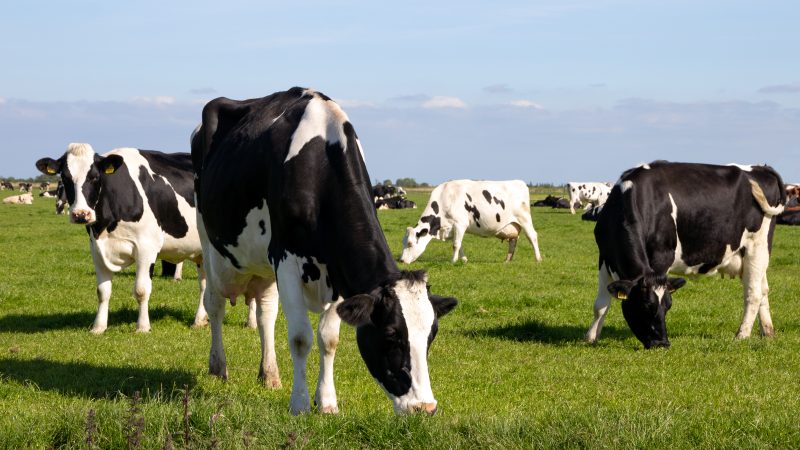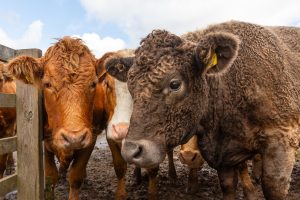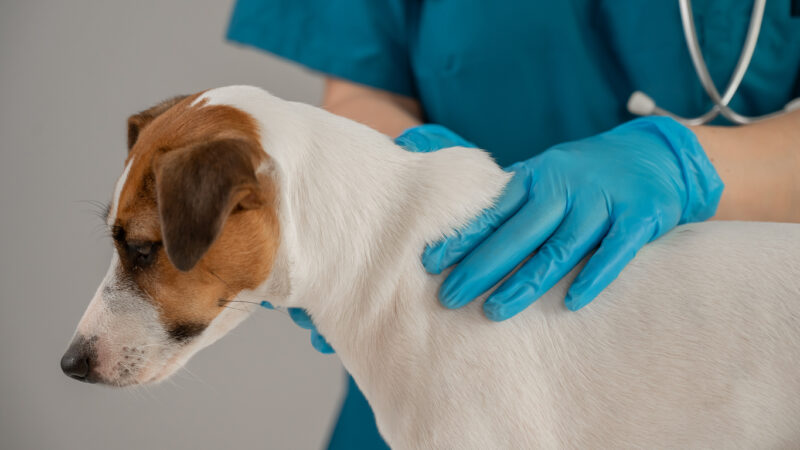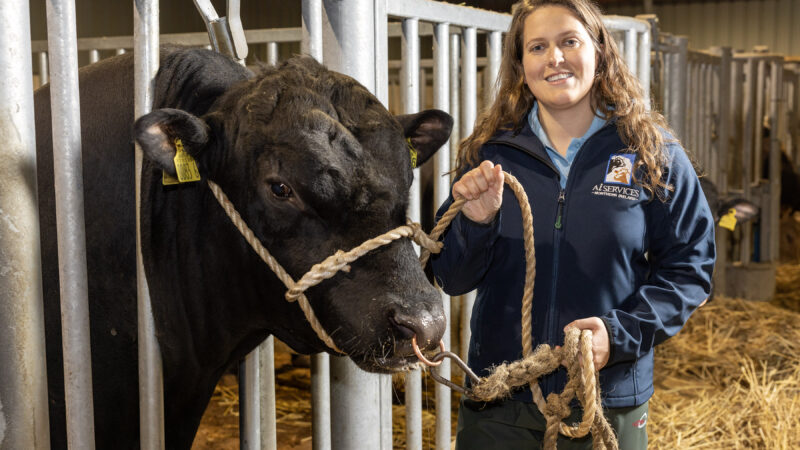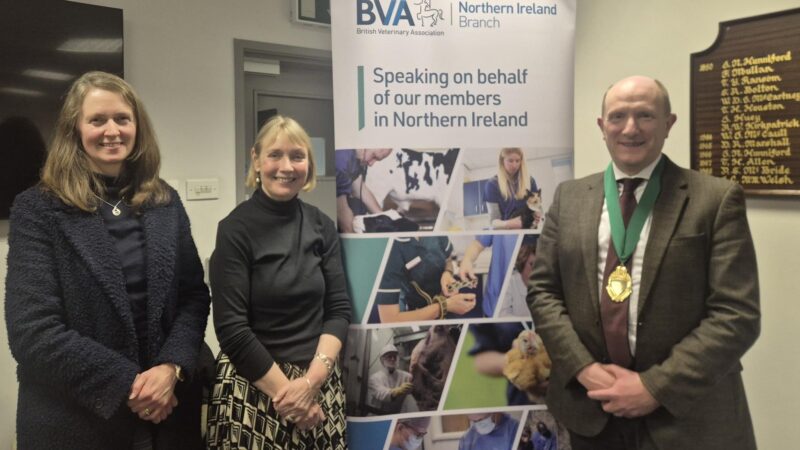British Veterinary Association welcomes UK-EU summit commitments ensuring animal welfare
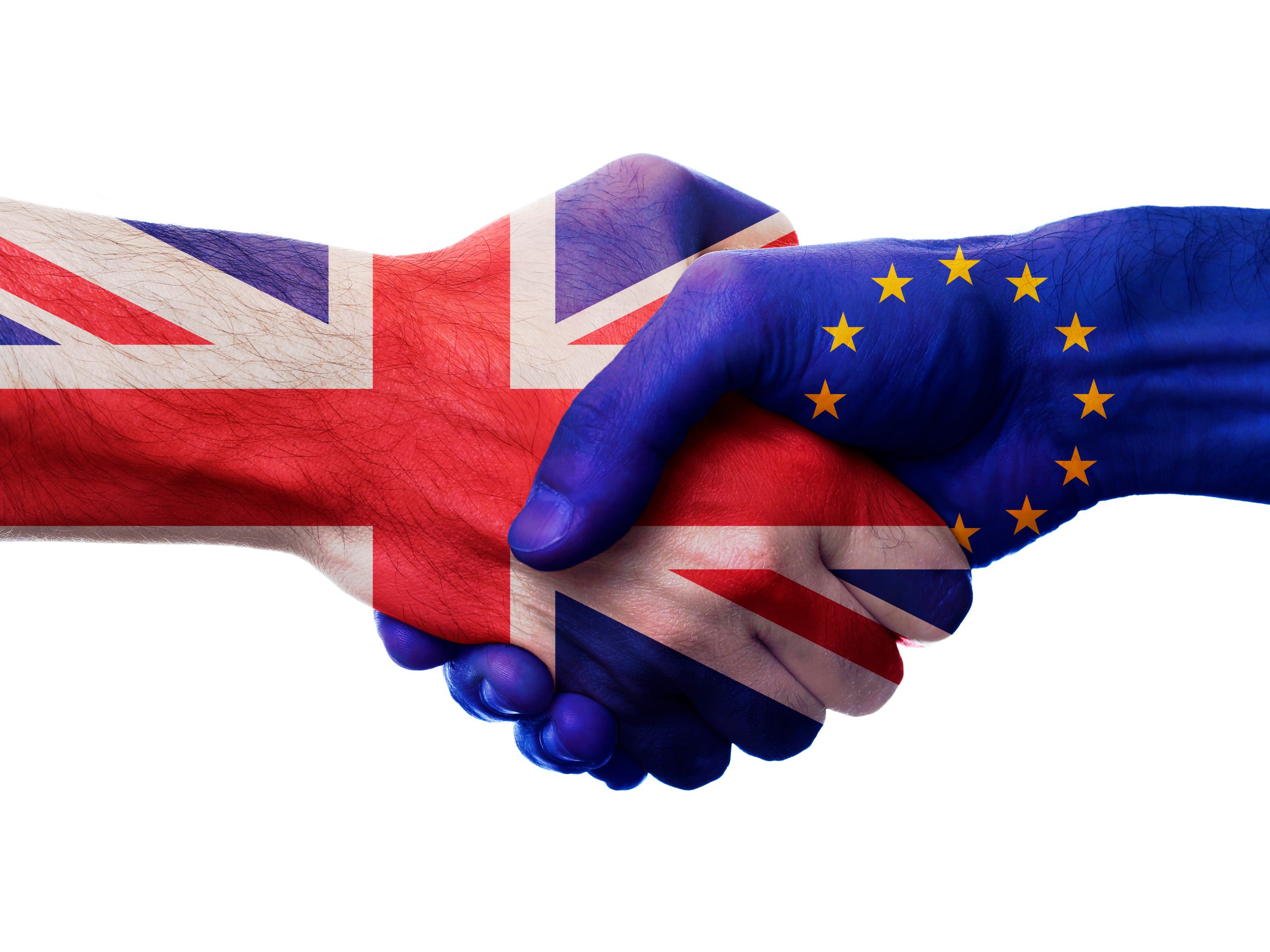
- also UK biosecurity but raises concern on absence of Northern Ireland vet medicines solution
The British Veterinary Association (BVA) welcomed commitments coming out of the EU-UK Summit that will ease trade whilst ensuring animal welfare and UK biosecurity; however the association, which represents almost 19,000 UK vets, waits for news on continued access to veterinary medicines in Northern Ireland as the post-Brexit deadline, which will see vital medicines become unavailable in the nation, draws nearer.
In its policy position, published in March, BVA outlined the urgent need for an EU – UK veterinary agreement and is pleased to see the measures published today introduce a dynamic alignment between the EU and UK that will allow greater trade whilst maintaining animal welfare and biosecurity.
BVA welcomes:
- More targeted checks on the movement of animals, animal products, plants and other products. This will stop animals being held for excessive periods at the borders and lower any detrimental impact on animal health and welfare, and reduce the burden on veterinary workforce.
- A commitment to shared disease surveillance and data sharing, which will secure UK biosecurity and risk of imported diseases.
- The introduction of pet passports to replace Animal Health Certificates (AHCs), which has increased burden on the veterinary workforce and increased costs for animal owners since they came into force.
However, with no news on future access to veterinary medicines in Northern Ireland, which is becoming increasingly urgent as the post-Brexit grace period extension concludes at the end of the year, BVA remains concerned.
British Veterinary Association President Dr. Elizabeth Mullineaux said: “These announcements coming out of the EU-UK Summit are good news, striking the right balance between reducing trade friction whilst maintaining the UK’s high standards of animal welfare and disease control. However, with no clear direction on the issue of access to veterinary medicines in Northern Ireland, which has serious implications not only for animal health and welfare, but also public health, there is still work to do. A permanent resolution to this long-standing question is urgently needed and we will continue to press the Government for solutions to avoid potentially devastating consequences.”

